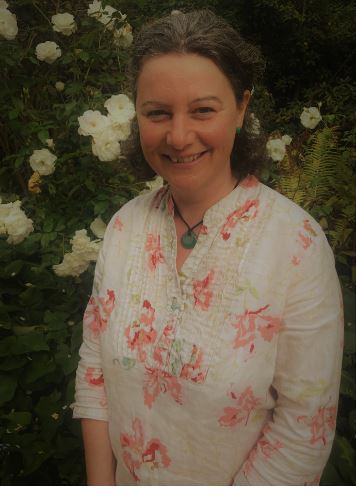Last year on September the 10th 2018 highlighted World Suicide Prevention Day. Listening to the radio bulletin gave sobering statistics from the World Health Organisation (WHO) that someone takes their life every 40 seconds equating to 800,000 people worldwide every year.
This is the leading cause of death in ages between 15 -29. These are staggering figures and heart-breaking for so many families and friends who are affected.
Since then I have continued to hear and read through the media and newspapers different accounts, like the amazing teacher to everyone in her school but struggled personally with low self-esteem and ended her life. The father campaigning recently for a change in law to social media sites that he believes influenced his daughter Molly to suicide. Bristol University has featured a lot in the news about the number of students it has recently lost in the past couple of years. Another report was from an Army barracks where a female recruit was found dead last week.
So how can I or you help?
Often it is about recognising warning signs. When someone says they feel like ending their life - always take this seriously as it often is a cry for help. Encourage them to act, by seeking professional help and support either from their GP, Counsellor or relevant agencies. You may have to do this on their behalf, if in immediate danger. It’s really important for a person to talk about how they are feeling and what’s going on for them, which is the opposite of bottling up our emotions inside.
Perhaps feeling and thinking that no one cares, or that you are totally alone in what you are experiencing. Feeling alone can often become a cycle of low self-esteem, despair and depression affecting everyday life both physical and mental health.
Suicide affects so many people, each of us may know of someone who has lost a friend or family member or sadly through personal experience lost someone close to us. The pain and grief of living with the loss is extremely hard to live and cope with.
There are many organisations that provide support (SOBS) Survivors of Bereavement by Suicide is one support group. Another web page www.papyrus.uk.org offers help to parent/carers of young people in the prevention of youth suicide runs Hopeline UK (0800 068 4141).
If you have experienced bereavement by suicide often there are lots of questions, why did this happen? I had no idea – blame, if I had known I could have done something to help. Difficult emotions are part of the loss and pain. Counselling could be a helpful space to feel supported in all that emerges.
As a person centred counsellor I have worked with people who have both felt there is no point in continuing to live, as well as people who have been affected by someone who has, taken their own life.
So often we don’t know what is going on behind the face that smiles at us, but if we can be there for one another maybe lives lived in quiet desperation can have a ray of hope that someone does care and does listen. Making the difference between life and death is always a choice. Reaching out and finding help can be the toughest step to take; but this one step can be the necessary turning point.
About Me

If you think Counselling may help you, then please feel free to contact me on
Margo O’Rourke | Tel. 07510224424 |www.youareattheheartofthematter.co.uk

